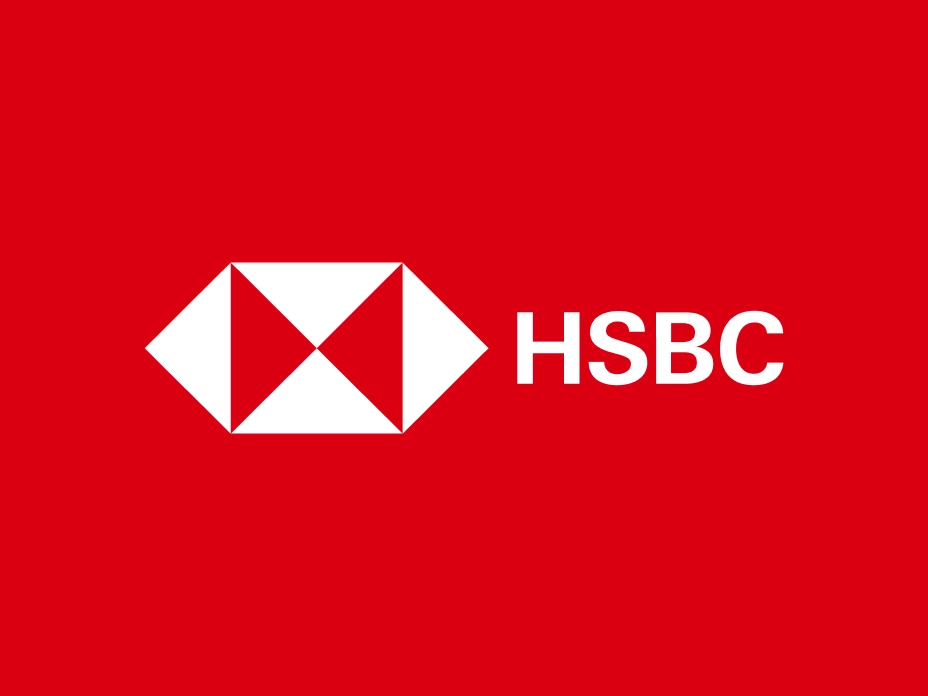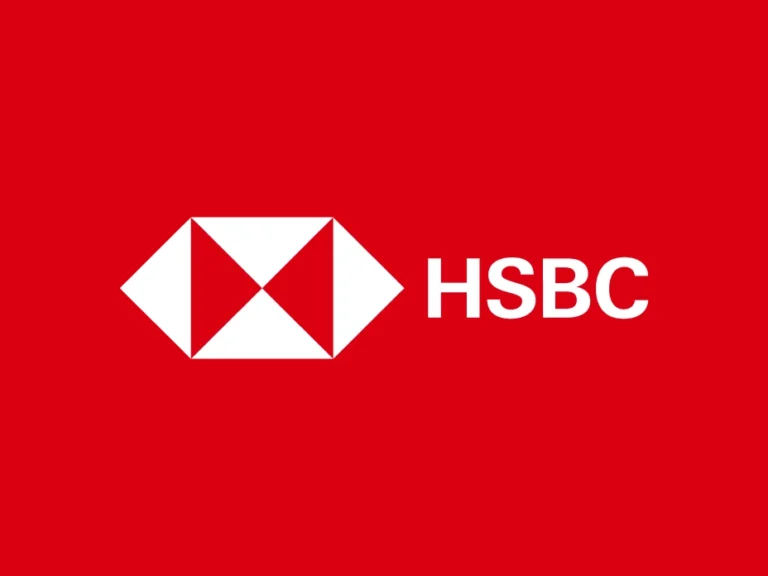
On March 27, 2025, HSBC Holdings Plc terminated several investment bankers across its European operations on the very day they were set to receive their 2024 bonus announcements, opting not to pay out bonuses to those let go. The move, reported by the Financial Times, marks a stark shift for the London-based lender under new Chief Executive Georges Elhedery, who has prioritized aggressive cost-cutting since taking the helm in September 2024. With HSBC’s European workforce facing the brunt of this decision, the firings signal a broader restructuring aimed at streamlining operations and boosting profitability, particularly as the bank pivots away from certain Western markets.
The terminations occurred on what’s known in banking circles as “bonus day,” a highly anticipated event when employees learn their variable compensation for the prior year. For those sacked, the news was a double blow: not only were they out of a job, but they also received no payouts for their 2024 performance. Sources familiar with the matter, cited by the Financial Times, indicated that the layoffs spanned multiple divisions, with investment banking—a sector already under scrutiny—hit hardest. HSBC declined to specify the number of affected employees, but the bank’s global headcount stood at 211,000 at year-end 2024, down 3% from 2023 after earlier cuts.
This ruthless approach reflects Elhedery’s mandate to slash $1.5 billion (£1.2 billion) in costs by 2026. Since assuming leadership, he has merged the commercial and investment banking units, shuttered merger-and-acquisition (M&A) and equity capital markets operations in Europe, the UK, and the US, and reduced the executive committee from 18 to 12. The March 27 firings align with this overhaul, targeting senior managers and underperforming units. “We’re focusing on areas where we can differentiate,” Elhedery told Bloomberg TV on March 25, emphasizing a shift toward Asia and the Middle East.
HSBC’s bonus pool for 2024 remained flat at $3.8 billion (£3 billion), up slightly from $3.77 billion in 2023, per the bank’s annual report released February 19. However, average compensation for material risk takers—typically senior traders and managing directors—dropped from $1.4 million to $1.3 million in the investment bank, signaling tighter purse strings. The decision to withhold bonuses from fired bankers contrasts with past practices, where pro-rated payouts were common. One HSBC insider, speaking anonymously to Reuters, called it “a clear message: perform or leave.”
Europe, particularly the UK, has been a focal point of HSBC’s retrenchment. The bank, founded in Hong Kong 160 years ago, once spanned over 100 countries but has spent the last decade exiting low-return markets. Last month, it announced plans to wind down M&A and equity underwriting in Europe and the Americas, redirecting resources to debt financing and Asian growth. The March 27 cuts, affecting bankers in London and continental hubs like Paris and Frankfurt, follow 40 layoffs in Hong Kong on February 17, suggesting a staggered global purge. Posts on X reflected shock, with users like
@LouisCyprien noting, “Expect remaining employees to treat their employer just like that.”
The timing amplifies the impact. Bonus day, traditionally a moment of reward, turned into a reckoning, drawing comparisons to Goldman Sachs’ 2023 layoffs, though Goldman paid out pro-rated bonuses. HSBC’s 2024 annual profit beat estimates, buoyed by wealth and markets revenue, yet Elhedery’s focus on costs overshadows gains. The bank’s share price in Hong Kong has rallied nearly 30% since his appointment, reaching HK$74.50 by March 28, per Yahoo Finance, with top shareholder Ping An Insurance praising the direction—a shift from its 2022 disputes.
For affected bankers, the financial hit is steep. One HSBC employee reportedly earned €19-20 million (£16.6 million) in 2024, per The Guardian’s March 2 report, after the UK scrapped the EU bonus cap, allowing payouts up to 10 times base salary. Yet, those fired received nothing beyond severance, terms of which remain undisclosed. The UK’s decision to lift the cap—post-Brexit under former Chancellor Kwasi Kwarteng—had fueled bonus growth, with 517 HSBC bankers exceeding €1 million in 2024, up from 512. Now, morale has plummeted, with one London-based banker telling The Observer in February, “Everyone is panicking, everyone has sent out CVs.”
Globally, banking faces headwinds. U.S. tariffs under Trump, announced March 27 at 25% on auto imports from Japan, Canada, and Mexico, threaten trade finance—a HSBC staple. Europe’s economic outlook, with eurozone inflation at 2.3% in February per Eurostat, adds pressure. HSBC’s 16% return on tangible equity target, cited by Aegon Asset Management’s Sajeer Ahmed to Reuters, demands leaner operations. The bank’s 8% staff cost reduction plan, announced February 19, targets duplicated roles from the banking merger, with Europe’s high-cost structure a prime candidate.
Reactions vary. On X,
@AdiSurreyEnergy quipped, “How to build a reputation,” while
@DavidDTawil tied it to Elhedery’s “ruthless” ethos. Analysts see logic: HSBC’s $3 trillion asset base dwarfs rivals like Barclays, yet its 2024 net interest income lagged at $36 billion versus Barclays’ £8 billion profit jump. Focusing on Asia, where Hong Kong remains “the heart of HSBC” per Elhedery, leverages 60% of its revenue from the region. Still, shedding European talent risks losing expertise as rivals like Deutsche Bank, also cutting costs, scoop up castoffs.
The broader industry watches closely. Barclays boosted its bonus pool 10% to £2 billion, per The Guardian, while NatWest eyes a 25% hike to £450 million. HSBC’s austerity bucks the trend, potentially denting its appeal to top talent. Its next earnings, due May, will test Elhedery’s strategy, with the New Jersey Devils game on March 28 a symbolic breather—ironic given the Jets’ NHL playoff clinch this week.
As March 28 closes, HSBC’s European layoffs reverberate. For those searching “HSBC firings 2025,” it’s a tale of cost over loyalty, reshaping a global giant amid trade wars and profit chases. Whether this gambit secures HSBC’s future or alienates its workforce, Elhedery’s imprint is undeniable.





